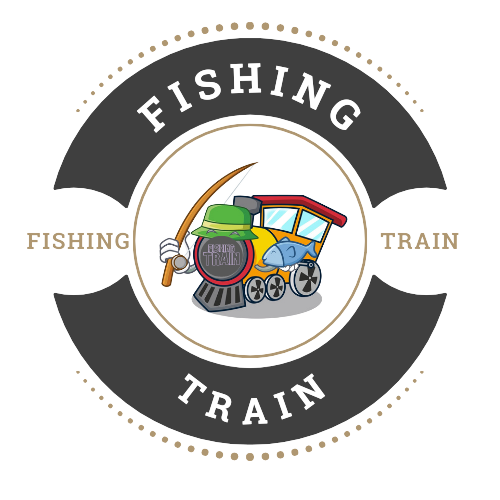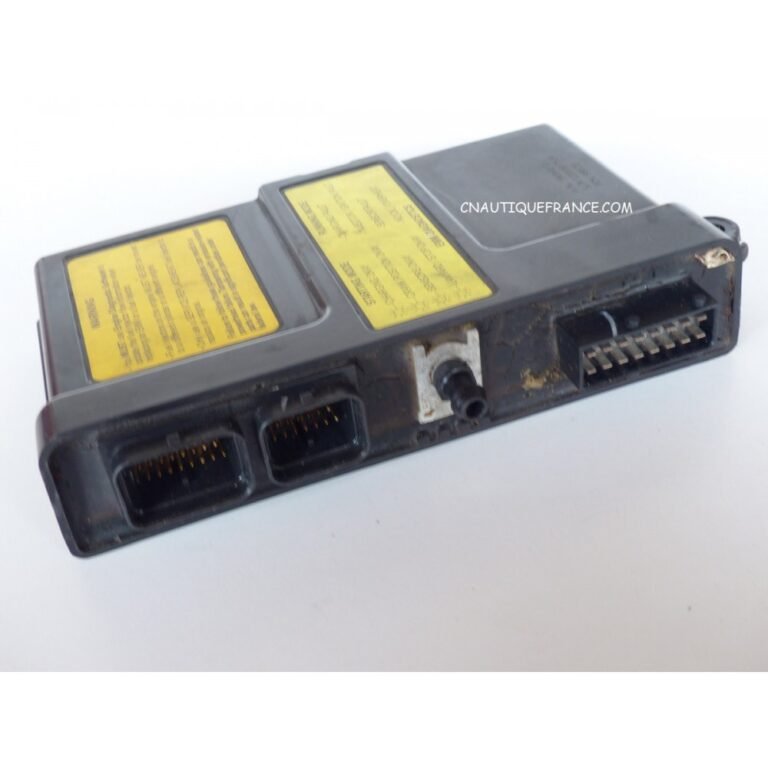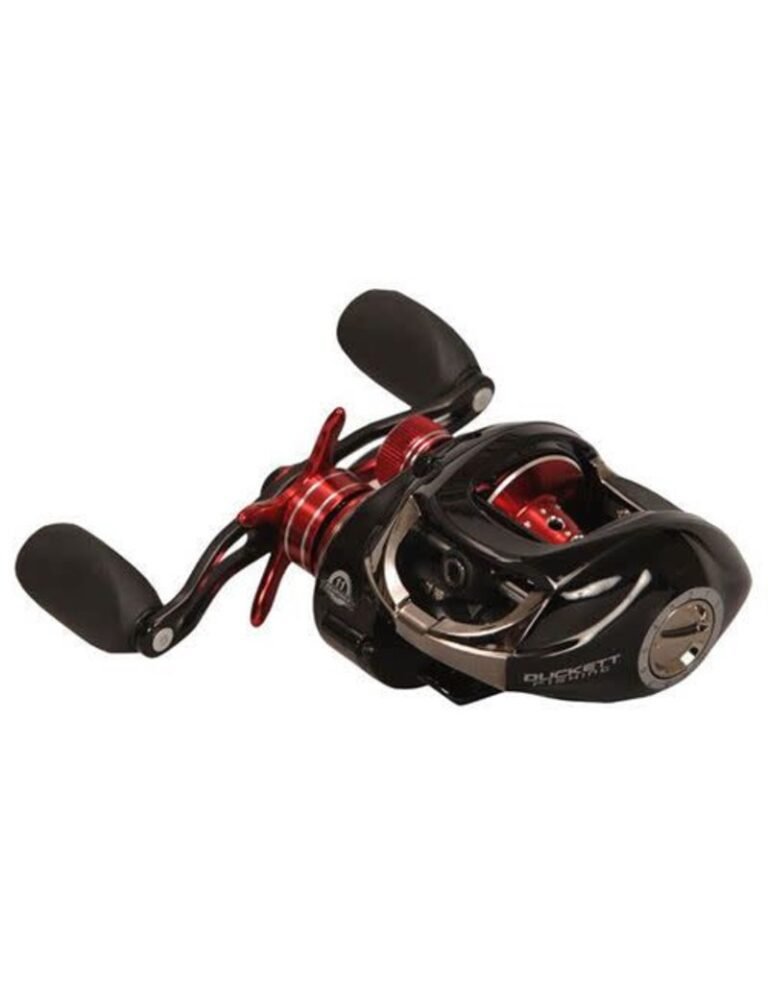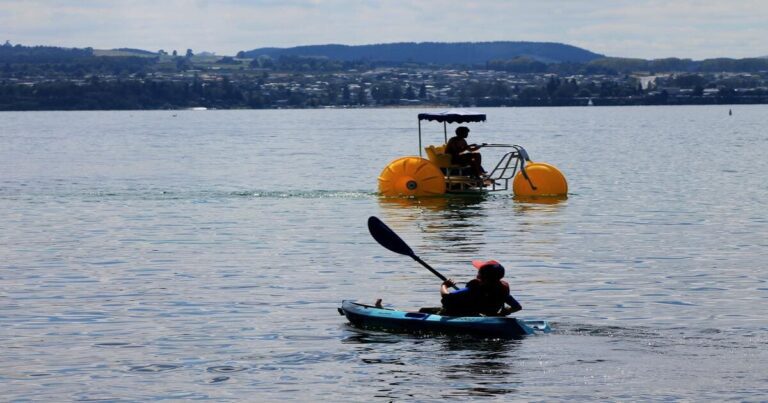What Weight Fly Rod for Salmon And Steelhead | Selection Guide 2025
There is no definitive answer to this question as it depends on a number of factors, including the type of salmon and steelhead you are targeting, the water conditions you will be fishing in, and your personal preferences. In general, however, a heavier fly rod (9-10wt) is better suited for salmon fishing, while a lighter rod (6-8wt) is better for steelhead.
What weight fly rod for salmon and steelhead? This is a question that I get asked a lot, and it’s one that doesn’t have a simple answer. It really depends on the size of the fish you’re targeting and the type of water you’ll be fishing in.
In general, though, I would recommend an 8-weight rod for salmon and steelhead. This will give you the power you need to handle big fish in fast water, but it’s still light enough to be delicate when necessary. If you’re just starting out, though, I would recommend getting an 9- or 10-weight rod.
These are a little easier to cast and will still allow you to land some decent sized fish.
Best Fly Rod for Salmon And Steelhead
When it comes to choosing the best fly rod for salmon and steelhead, there are a few things you need to take into account. Fishing for these fish can be done in a variety of ways, so you’ll need to select a rod that’s suitable for the type of fishing you plan on doing. Here are a few factors to keep in mind when making your selection:
– The type of water you’ll be fishing in: Salmon and steelhead can be found in both freshwater and saltwater environments. If you’re planning on fishing mainly in rivers or streams, then a shorter rod will be better suited for this type of water. However, if you’re going to be spending most of your time fishing in lakes or the ocean, then a longer rod will give you more power and reach.
– The size of the fish you’re targeting: Obviously, if you’re aiming to catch smaller fish, then you won’t need as large or powerful of a fly rod. On the other hand, if you’re hoping to land some big salmon or steelhead, then you’ll want to choose a heavier duty rod that can handle these larger fish.
– Your own personal preferences: In the end, it’s important to choose a fly rod that feels good in your hands and suits your own personal style of fishing.
With so many different options on the market today, there’s sure to be a perfect match out there for everyone!
Best Salmon Fly Rod
If you’re in the market for a new salmon fly rod, you might be wondering which one is the best. There are a lot of factors to consider when choosing a fly rod, and it can be difficult to know where to start. Here’s a look at some of the things you should keep in mind when choosing a salmon fly rod, so you can make sure you get the best possible option for your needs.
The first thing to consider is what type of salmon fishing you’ll be doing. If you’re going to be fishing in small streams or rivers, you’ll need a lighter rod that’s easy to maneuver. On the other hand, if you’re planning on fishing in larger bodies of water, you’ll need a heavier rod that can handle bigger fish.
Another important consideration is the action of the rod. Salmon fly rods come in two different actions: fast and slow. Fast action rods are better for casting smaller flies, while slow action rods are better for larger flies and longer casts.
It’s important to choose the right action based on the type of fishing you’ll be doing.
Finally, make sure to pay attention to the warranty and return policy before buying any salmon fly rod. You want to make sure that your investment is protected in case anything goes wrong.
With all of these factors in mind, take some time to research different salmon fly rods before making your final decision.
Fly Rod Weight for King Salmon
If you’re fishing for king salmon, you’ll want to use a fly rod that’s at least 9 feet long and can handle a line weight of 8-10. The heavier the line, the better, because it will help you control the fish as they run downstream.
When choosing a fly rod, keep in mind that the length and weight are important factors.
You’ll also want to consider the type of water you’ll be fishing in and the size of the fish you’re targeting. If you’re not sure what to choose, ask an expert at your local tackle shop or sporting goods store.
5 Weight Fly Rod for Steelhead
There are a variety of different rods that can be used when fly fishing for steelhead, but one of the most popular choices is a 5 weight fly rod. This type of rod is versatile and can be used in a variety of different situations, making it a great choice for both beginner and experienced anglers alike. Here are some things to keep in mind when choosing a 5 weight fly rod for steelhead fishing:
-The length of the rod should be considered based on the type of water you’ll be fishing in. If you’re mostly fishing in smaller streams, then a shorter rod may be the better option. However, if you’re planning on spending time in larger rivers, then a longer rod will give you more reach and power.
-A good quality 5 weight fly rod will be made from graphite or fiberglass. These materials are lightweight yet durable, making them ideal for use in all types of conditions.
-Keep in mind that steelhead are powerful fish, so your rod needs to be up to the challenge.
A 5 weight fly rod should have plenty of backbone to handle these hard-fighting fish.
Salmon Fly Rod Setup
If you’re getting into fly fishing, one of the first things you’ll need to do is put together a salmon fly rod setup. This can seem like a daunting task, but we’re here to help. In this blog post, we’ll walk you through everything you need to know about putting together a salmon fly rod setup, from choosing the right rod and reel to selecting the perfect line and leader.
By the end of this post, you’ll be ready to hit the water and start catching fish!
Choosing a Rod and Reel
The first step in putting together your salmon fly rod setup is choosing the right rod and reel.
There are a lot of different options out there, so it’s important to pick something that’s well-suited for salmon fishing. For example, you’ll want arod that’s at least 9 feet long with a fast action. This will give you the power and accuracy you need when casting for salmon.
As far as reels go, choose something with a good drag system that can handle heavier lines—you don’t want your reel breaking down in the middle of a fight with a big fish!

Credit: oregonflyfishingblog.com
What Size Fly Rod Do You Need for Steelhead?
When it comes to choosing a fly rod for steelhead, size definitely matters. The general rule of thumb is that the bigger the fish, the heavier the rod you’ll need. Steelhead are notoriously strong and can reach weights upwards of 30 pounds, so you’ll need a rod with some serious backbone to be able to handle them.
The other factor to consider when choosing a fly rod for steelhead is the type of water you’ll be fishing in. If you’re going to be fishing in small streams or rivers, a lighter rod in the 5-6 weight range will do just fine. But if you’re planning on fishing in larger waterways like lakes or oceans, you’ll need a heavier rod in the 8-10 weight range.
No matter what size or weight fly rod you choose for steelhead, make sure it’s one that feels comfortable in your hand and is up for the challenge. Steelhead are tough fish to reel in, so you want to make sure your equipment can handle it.
What Weight Fly Rod is Good for Salmon?
If you’re looking to do some salmon fishing, you’ll need a fly rod that’s up to the task. But what weight fly rod is good for salmon?
Well, it depends on a few factors.
The first is the size of the salmon you’re targeting. If you’re after big fish, then you’ll need a heavier rod to handle their size and strength. But if you’re targeting smaller salmon, a lighter rod will do just fine.
The second factor is the type of water you’ll be fishing in. If you’re fishing in fast-moving water, then you’ll need a heavier rod to help keep your line tight and prevent it from being swept away by the current. But if you’re fishing in calmer waters, a lighter rod will be just fine.
Finally, it also depends on personal preference. Some anglers prefer heavy rods for all their fishing, while others prefer light rods for all types of fishing. It really comes down to what YOU feel most comfortable with using.
So there you have it – there’s no one-size-fits-all answer when it comes to picking the right weight fly rod for salmon fishing. Just consider the factors mentioned above and go with whatever feels best for YOU!
Can You Use a 7 Weight Fly Rod for Salmon?
A 7 weight fly rod is a versatile tool that can be used for salmon, trout, and other freshwater fish. The 7 weight designation refers to the line size that the rod is designed to fish with. In general, a 7 weight fly rod will have a bit more power and casting distance than a lighter weight rod, making it ideal for fishing larger streams and rivers.
When choosing a fly rod for salmon, it’s important to consider the type of water you’ll be fishing in and the size of the fish you’re targeting. For smaller streams and lighter tackle situations, a 5 or 6 weight rod may be better suited. But if you’re planning on fishing larger rivers or going after bigger fish, then a 7 weight fly should give you the power and distance you need to get the job done.
What Action Fly Rod is Best for Salmon?
There is no definitive answer when it comes to choosing the best action fly rod for salmon fishing. However, fast-action rods are generally considered the best option for this type of fishing. These rods are able to generate high speeds and are therefore able to cast heavy flies and lures with ease.
They also have a lot of power behind them, which is necessary in order to fight against the strong fish that salmon can be.
Fly Fishing For Steelhead and Salmon | Tom Rosenbauer
Conclusion
This is a great question and one that I get all the time. The answer really depends on the type of fish you are targeting and the type of water you will be fishing. If you are targeting smaller salmon or steelhead, then a lighter rod will be just fine.
However, if you are targeting larger fish or fishing in heavier water, then you will need a heavier rod. Ultimately, it is up to you to decide what weight rod you feel comfortable using.




